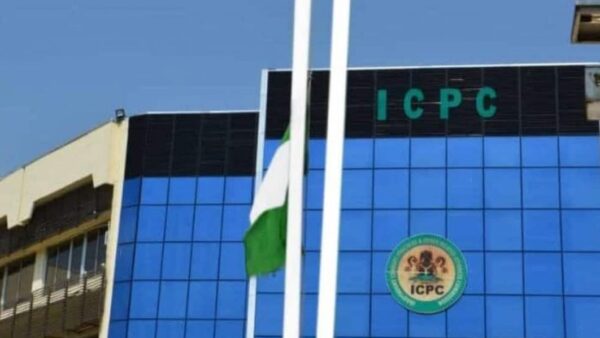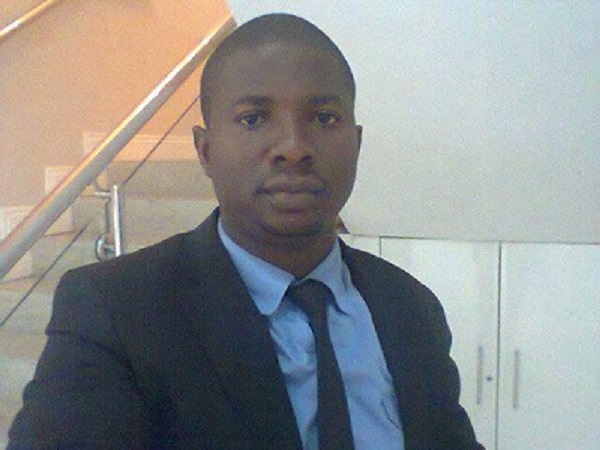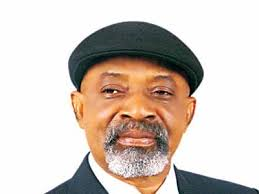ICPC boss, Owasannoye, diversion of public funds, illicit financial flows
The chairman of the independent and anti-corrupt practices commission (ICPC), Prof Bolaji Owasannoye has decried the alarming rate of diversion of public funds in the country.
Speaking during a two-day capacity-building workshop for members of the House of Representatives Committee on Anti-Corruption, he remarked that the illegal act is carried out through revenue receipts and expenditure in the affairs of governance of the country.
The anti-graft chief who did not mention the stolen monies involved also condemned illicit financial flow, misapplication of funds and budget padding in the country.
Stressing the need to confront corrupt practices headlong, he warned that if citizens did not deal with the ethical issues of corruption, it would further impact negatively on the country.
Stating that Nigeria was never in short supply of anti-corruption legislation but in short supply of integrity, he noted that the menace of corruption had been worsened by high-level hypocrisy in the country.
According to him, the CBN, the Bureau of Public Procurement and the Federal Competition and Consumer Protection Commission alongside several regulatory agencies are all anti-corruption gatekeepers.
Owasannoye observed that corruption accentuated political patronage and encouraged sabotage of governance, stressing that funds appropriated on paper, were never used for the purpose for which they were meant.
In his remarks, Rep. Shehu Garba, Chairman of the House Committee on Anti-Corruption, noted that the challenge and the fight against corruption had remained a topical issue.
He said that the ills of corruption had been well documented, adding that Nigerians did not need to be reminded of the consequences.
Garba added that corruption denied citizens a promising future and development, adding that it was heart-warming when the President Muhammadu Buhari-led administration made the fight against corruption one of its tasks.
He said that the fight against corruption remained multi-dimensional; involving all institutions, adding that there would be no success without collaboration.
The lawmaker added that information-sharing and capacity-building workshops were crucial in the fight against corruption.









